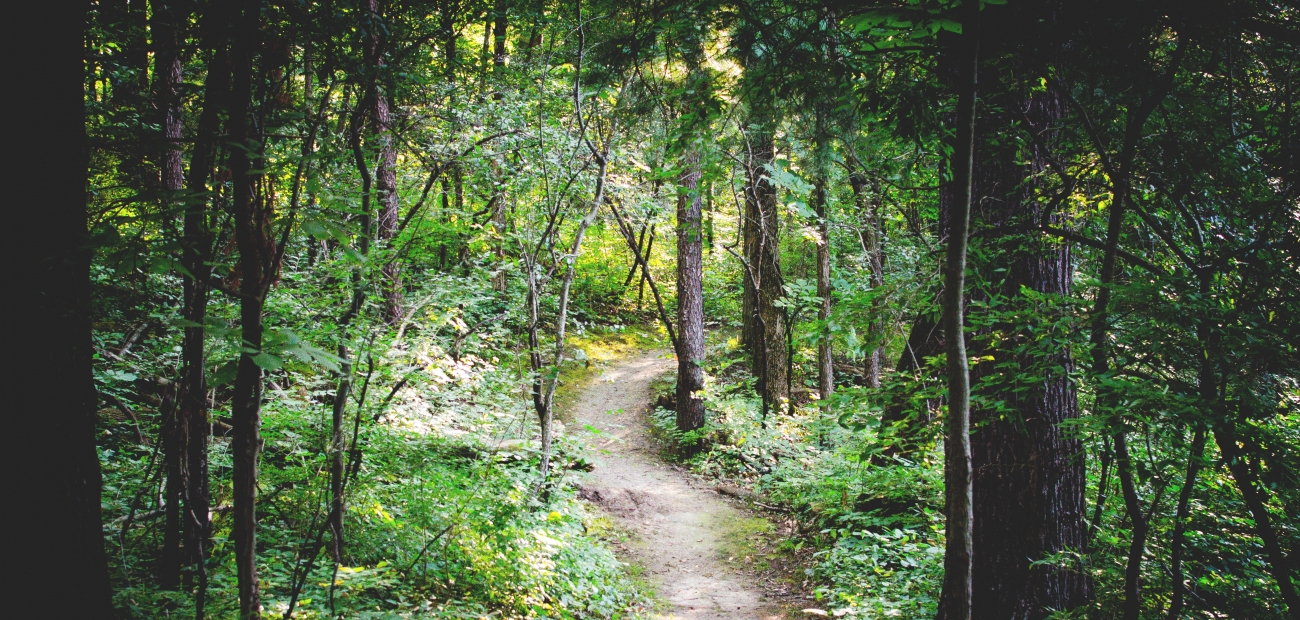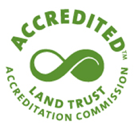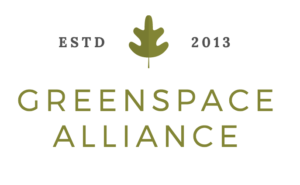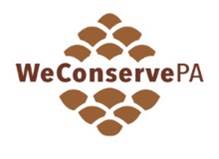What is a land trust?
A land trust is a private, nonprofit organization that conserves land by working with landowners to achieve their goals for their property. In many cases, land trusts protect land by using a legal agreement called a conservation easement. A land trust is typically not a “trust” in a legal sense.
What can’t a land trust do?
A land trust cannot provide legal or financial advice or guarantee that a particular conservation plan is best for your personal or financial circumstances. It is important for landowners to seek independent advice from qualified advisors and discuss this topic with family members.
Do you protect both private and public land?
Yes. We work with private landowners to conserve their family properties and we also work with conservation partners on projects to expand or create protected public areas.
Do you buy land or accept donations from landowners?
From time to time, Hollow Oak Land Trust acquires land through purchases and donations. We typically transfer ownership of the land to another entity or individual with a conservation easement in place.
How does a conservation easement protect land?
These voluntary legal agreements made between a landowner and The Land Trust for Tennessee protect lands with important conservation values forever. The landowner continues to own and manage the land while permanently limiting how the land may be developed and subdivided, no matter who owns the land. It is our job as a land trust to make sure these agreements are upheld and enforced, always.
How does Hollow Oak uphold its conservation easements?
Through our stewardship program, we visit every protected property, help landowners understand how a conservation easement applies to their land, and work with landowners. We work with landowners to remedy easement violations, and in some cases, we may take legal action to uphold the terms of a conservation easement.
What are the benefits of donating a conservation easement?
Donating a conservation easement provides landowners with peace of mind that their land will be conserved for future generations. Landowners may also be eligible for significant tax benefits.
Does the agreement have an end date?
No. Conservation easements are written to be upheld in perpetuity. In other words, there is no end date or expiration to these agreements.
What are reserved rights?
When you own land, you also own many rights associated with it. These might include rights to harvest timber, build structures, subdivide the property, mine resources, grow crops and so on (subject to zoning and other restrictions).
When you grant a conservation easement to a land trust, you permanently limit or extinguish some of these rights. Each conservation easement is unique, tailored to meet the landowner’s wishes for their land and protect the conservation values of the property. Depending on the land and circumstances, certain rights can be “reserved” within the conservation easement but may require permission from Hollow Oak in order to exercise, such as construction of new structures or roads or the establishment of building envelopes.
How can I find more land trusts?
Land trusts work across the country — from national organizations to local grassroots groups. To find a land trust near you, visit the Land Trust Alliance’s Find a Land Trust Map
What are a land trust’s responsibilities regarding conservation easements?
The land trust is responsible for enforcing the restrictions that the conservation easement spells out. Therefore, the land trust monitors the property on a regular basis – typically once a year – to determine that the property remains in the condition prescribed by the easement. The land trust maintains written records of these monitoring visits, which also provide the landowner a chance to keep in touch with the land trust. Many land trusts establish endowments to provide for long-term stewardship of the easements they hold.
What are the economic impacts to my community of conserving open space?
Many reports have shown that conserving open space in communities around the U.S. attracts jobs, enhances property values, and saves billions in government costs. Simply put, communities that protect their natural environment are the places where people want to live.






